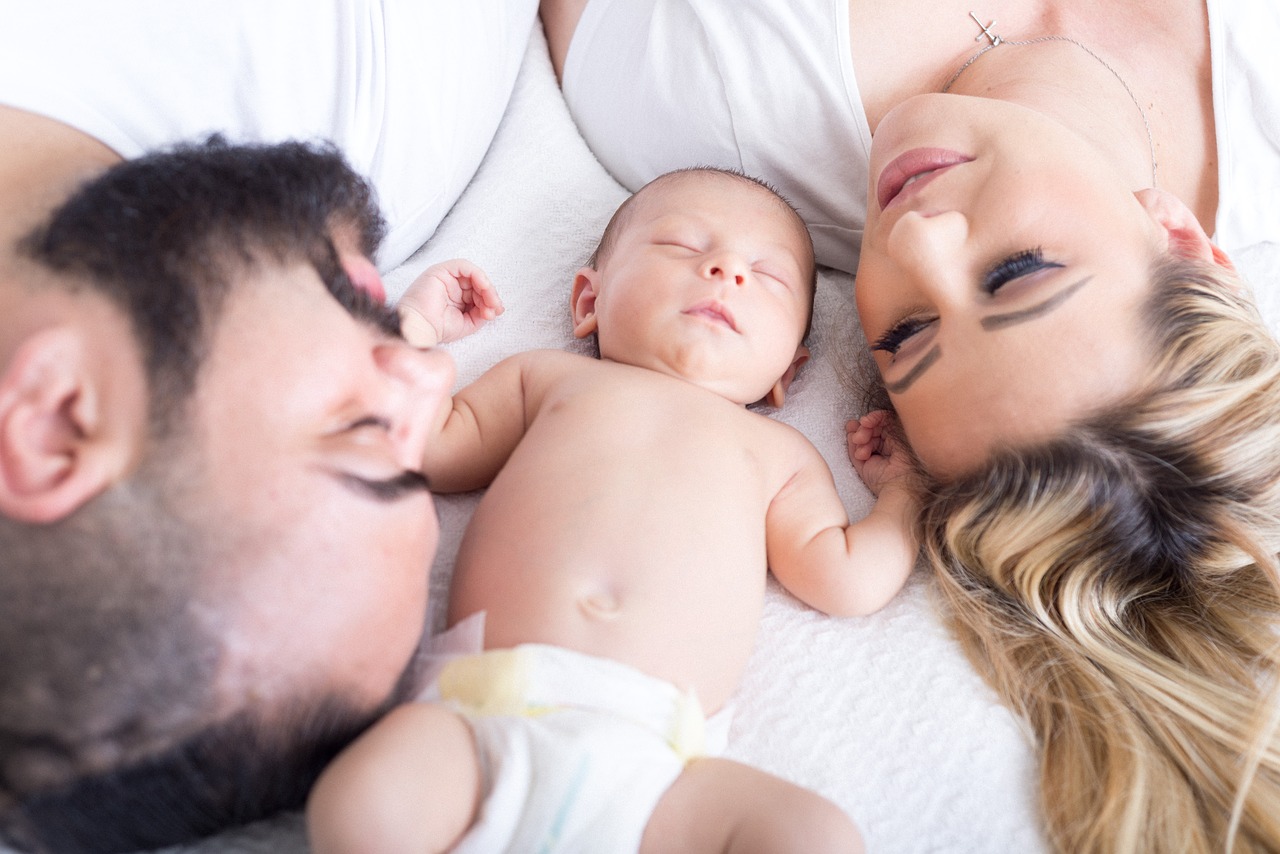It’s both natural and expected that many couples who know they will spend the rest of their lives together decide to begin a new phase and start a family. For most, this is the conventional route of the woman allowing herself to become pregnant and give birth to a baby nine months later. For others, however, this typical path isn’t so feasible.
Some couples face serious medical obstacles that prevent this path. The woman, for example, may have a medical disorder, such as a heart condition, that puts both her and a potential fetus at high risk. Some women no longer have a uterus to carry a baby, as life-saving procedures, such as hysterectomies to fight cancer, have surgically removed it.
For these couples, surrogacy, where another woman deemed medically suitable to carry a pregnancy, steps in and agrees to become pregnant on behalf of a hopeful couple. However, many couples who pursue this path are now leaving their countries of residence, and going to another, choosing to undertake their surrogacy journey abroad.
There are several reasons to do this, such as more cost efficiency or even having faster, more numerous available choices by opting for a compensated or commercial surrogacy rather than an altruistic one, which is the only legal option available in some countries, like Canada. However, for those that choose to go with surrogacy abroad, this brings in some extra considerations, especially in the areas of medical documentation and tests.
A Web Of Laws
One of the most crucial factors of surrogacy abroad that hopeful families must understand is that medical and legal requirements vary from country to country. Many of these requirements change radically based on two factors; the country a hopeful family intends to return to live in and the country a couple decides to visit for their surrogate mother journey.
This means that the requirements can vary wildly, so a couple from the United States that decides to go to Mexico to find a surrogate mother will have a different experience than a couple from Australia that goes to Ukraine. The variations come from the requirements host countries have for surrogacies and, more importantly, the requirements that the country of residence may have for surrogate babies.
This means that there is no single “universal checklist” for hopeful families, and it’s important that they carefully research what is needed by the countries they visit and their home nation when they wish to return. It’s critical to get this right because without meeting the requirements, especially for the return home, an infant may not be properly recognized by the country of residence as a citizen or in the legal custody of the returning parents and may not be allowed entry into the country as a “stateless” person.
Embryo Creation
In some instances, medical documentation certifying “embryo creation” may be required. This is often the case in gestational surrogacies that use the in vitro fertilization or IVF technique, where a donated sperm and egg—usually from the hopeful couple—are fertilized in a lab. The egg is then implanted in the surrogate mother, and the rest of the pregnancy runs its natural course from there.
Some countries, like Australia, will require couples to furnish this medical documentation to confirm the veracity of the IVF procedure. This kind of medical documentation can be easily furnished with reputable fertility clinics and other facilities.
Embryo Transfer
Another important piece of medical documentation that may be required is the proof of embryo transfer. Once again, the IVF procedure implants a donated fertilized egg into the surrogate mother. This procedure is the only way some hopeful parents can still get a child that is, for all intents and purposes, their “direct descendant,” genetically, as it will have the expected 50% DNA mix of the hopeful father and mother.
For nations such as Australia, this medical documentation is crucial if the returning parents want the baby to be awarded Australian citizenship by descent. Failure to show this medical documentation may require a child to get a visa instead and go through the laborious citizenship application process.
DNA Tests
For American couples, a child’s citizenship may be awarded on the grounds of genetic descent. If a child is the result of an IVF procedure, where one or both hopeful parents provided donor materials, then a DNA test quickly confirms this and makes it possible for Americans to show the results and claim both parentage and citizenship for the child.
Medical Work Up
For the surrogate mother herself, most reputable clinics and agencies will—for the protection of both the surrogate mother and the hopeful parents—get the surrogate mother’s complete medical workup. This provides a comprehensive medical test result of her state of health, measuring blood type, hormonal levels, uterine check, sexually transmitted disease testing, pap smear, drug screening, and more. All of these tests are routine and designed to confirm the medical suitability of the surrogate mother.


